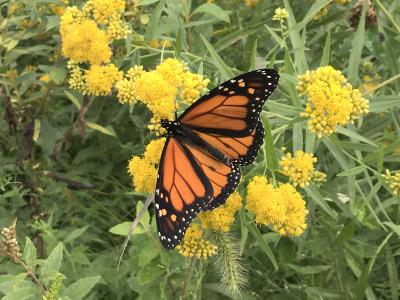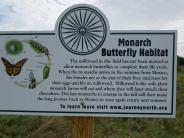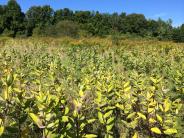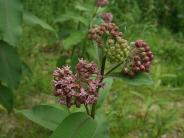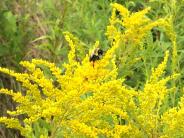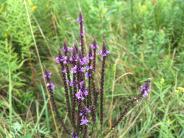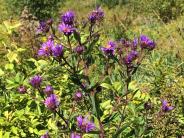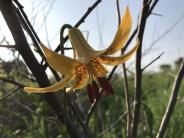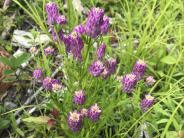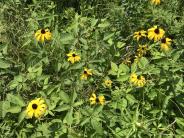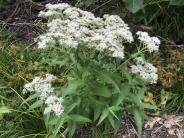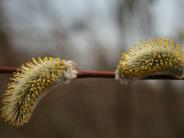-
Our Community
-
- Welcome Visitors About Durham's Community Climate Remembrance Project Diversity Welcome Statement Life in Durham Places to Stay Places to Eat Places to Park Transportation Schools Oyster River School District Welcome New Homeowners
- Durham Public Library Programs & Events Trails and Town Lands Conservation Commission Land Stewardship Conservation Lands & Parks Conservation Easements Trails Youth Organizations University of New Hampshire Durham Preservation Durham Historic Association
- Volunteer Town of Durham Land Stewardship Public Library UNH Cooperative Extension Churchill Rink Parks & Recreation Recreation Program Calendar Outdoor Recreation Activities Outdoor Recreation Sites Sustainable Durham Recycling Information Swap Shop Information Earth Day 2023
-
- Doing Business
-
Inside Town Hall
-
- Departments Assessing Building Business Office Code Enforcement Information Technology Planning Town Clerk/Tax Collector Parks & Recreation Boards, Commissions & Committees Agricultural Commission Conservation Commission Historic District/Heritage Comm. Other Boards & Committees Planning Board Zoning Board
- DCAT Media Productions DCAT Media - Programming DCAT Media Livestream Zoom Video Meeting Schedule Town Council Town Administration Public Hearings Public Safety Police Fire McGregor Memorial EMS (Ambulance)
- Public Works Engineering Division Operations Division Sanitation Division Water Division Wastewater Division Stormwater Town Directory Telephone Directory by Department Services Directory
-
-
Helpful Resources
-
- Quick Links Assessors Online Database Bids and RFP’s DCAT Media Productions GIS Digital Maps Jobs Online Services Parking Information Social Services Town Holidays Trash Pick Up Holiday Schedule Transfer Station & Recycling Center Information Curbside Refuse Collection by Street Zoom Video Meeting Schedule
- Town Documents Budget & CIP Forms & Applications Master Plan Tax Increment Finance (TIF) Districts Tax Maps Town Charter Town Code Town Reports Town Wide Master Fee Schedule Zoning Ordinance Voter Information
- Contact Us Cemetery Information Social Media Facebook Twitter Town Newsletter Friday Updates Town Meetings & Events Agenda and Minutes Calendar Public Hearing Notices State & U.S. Representatives
-
Pollinators
Everyone is familiar with the European honey bee, the bee that is kept in hives to pollinate fruit trees and crops and to harvest their sweet supply of honey. Perhaps not as well known is that there are 4,000 species of native bees in North America, including over 200 different bee species in New England. Bees are one of a diverse group of pollinators that also include butterflies, hover flies, beetles, wasps, and moths. Unlike honey bees, most native bees are solitary and often nest in the ground. Bees are not wasps or yellow jackets; most bees do not sting if left alone. Like honey bees, many native bees are in decline. That is a concern—because maintaining our native diversity is good—but also because a majority of the world’s crops require pollination, and bees are key.
Fortunately, we can all help maintain native bees in our yards and open spaces. Providing wildflower-rich habitat is the most significant action you can take. Here are some suggestions:
- Maintain or plant a diverse mix of flowering plants that provide a sequence of blooms from early spring to late fall
- Note that some ornamental plants have been selected for traits that are attractive to people, rather than pollinators. Avoid pollenless cultivars and double-petaled varieties of ornamental flowers
- Plant perennials in groups of 3-5 or more plants
- Favored pollinator plants for our area include: fruit trees, pussy willow, red maple, basswood, highbush blueberry, serviceberry, sweet pepperbush, New Jersey tea, various herbs, coneflowers, hyssop, milkweeds, joe-pye weed, goldenrods, asters.
- Dandelions and clovers in lawns are good for bees. Avoid lawn treatments that aim for a monoculture of grass.
Bee City USA Community
In 2017, the Town of Durham was designated a Bee City USA Community. It’s valuable to recognize the role of the Town’s conservation areas in promoting native plants and pollinators. Native bumble bees, butterflies, moths, and other insects are important pollinators of food crops. The U.S. grows more than 100 crops that either need or benefit from pollinators, and the economic value of these native pollinators is estimated at $3 billion per year. In Durham, we are managing parts of three conservation areas to promote native plants and pollinators: 60 acres at Oyster River Forest, 15 acres at Thompson Forest, and the approximately 60-acre meadow at Wagon Hill Farm. Our land stewardship efforts are benefiting people, pollinators, and plants.
Click any thumbnail image to view a slideshow

